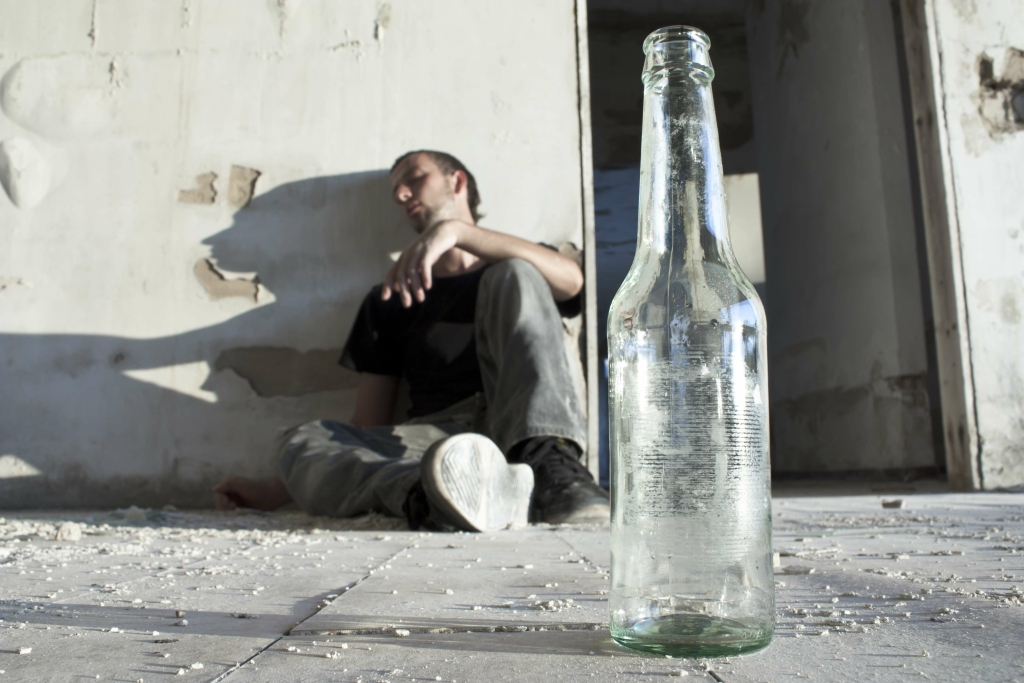An inpatient rehab program provides 24/7 care in a structured environment. It’s ideal when you have a severe addiction, past relapses, or co-occurring mental health conditions. You stay at the facility and receive intensive support, therapy, and medical supervision alcoholism symptoms throughout your recovery. People who have substance use disorders often have other mental disorders. Common risk factors related to a person’s genes, individual characteristics, social and family environment, and other life circumstances can contribute to both substance use and other mental disorders.

Treatment of Substance Use Disorders
- Though anyone can develop a substance use disorder, genes and environment play a big role in who’ll get one.
- Naltrexone blocks those receptors so opioids like heroin don’t have any effect.
- While relapse is a normal part of recovery, for some drugs, it can be very dangerous—even deadly.
Overdose prevention is a CDC priority that impacts families and communities. Drug overdose is a leading cause heroin addiction treatment of preventable death in the U.S. To learn more specifically about opioid use disorder, visit Treatment for Opioid Addiction.

Is there research to develop new treatments for substance use disorders?
This state lasts two to four hours and then gradually wears off. Some individuals do react negatively to heroin, experiencing only anxiety, nausea, and depression. Discover how Main Line Health helps those who struggle with mental illness and substance use live healthy and fulfilling lives. There are two forms of naloxone, (pre-filled nasal spray and injectable) that anyone can use without medical training or authorization.
- If you think you or a loved one has developed an addiction to heroin, talk with your doctor or another healthcare provider.
- This is a metabolite, or a byproduct of the drug breakdown process, that only shows up after you take heroin.
- In some states, a licensed drug and alcohol counselor may make the diagnosis.
- Like many other chronic conditions, treatment is available for substance use disorders.
Managing Co-Occurring Disorders and Mental Health Services
Heroin addiction is treatable, and recovery is possible with the right help. If you or someone you love is struggling with a heroin addiction, get professional help. With compassionate care and the right resources, you can take back control of your life. More than 1 million people have died since 1999 from a drug overdose.
- Understanding heroin addiction treatment can be difficult for individuals to wrap their head around.
- Drug overdose is a leading cause of preventable death in the U.S.
- People with OUDs often require treatment to recover from heroin addiction.
- Because addiction can affect so many aspects of a person’s life, treatment should address the needs of the whole person to be successful.
Insight into this timeline can pour in reassurance and offer a broader viewpoint during the withdrawal process. When dissolved in water, it can be injected subcutaneously (skin-popping) or intravenously (mainlining). But heroin addicts, as opposed to novice users of the drug, almost invariably inject it intravenously, because this produces the most rapid and intense euphoric effects. This can cause hypoxia, where the brain does not get enough oxygen. Hypoxia may lead to brain damage, coma, and in some cases, death. As a result, heroin can cause what people describe as a rush or state of euphoria.



